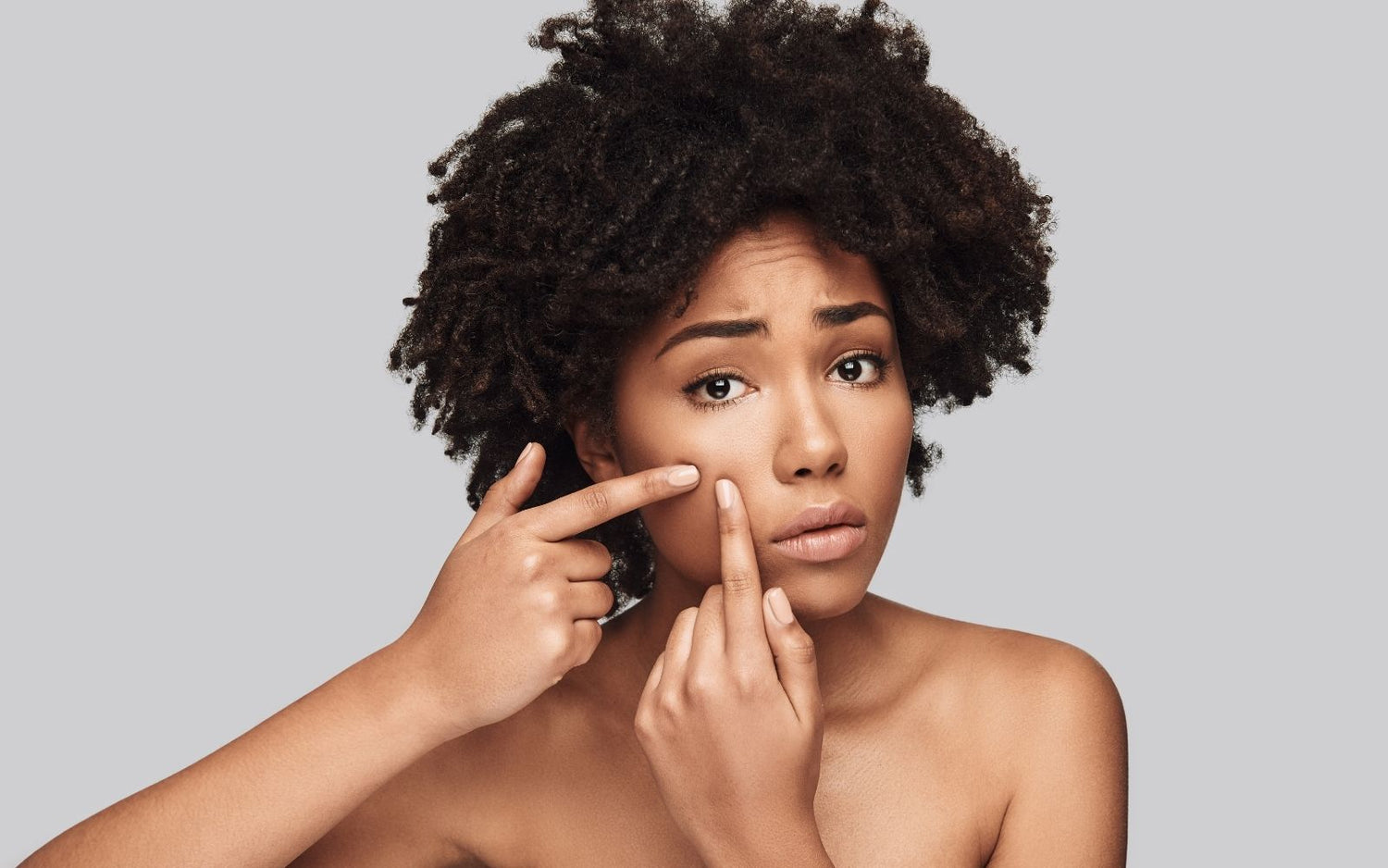
Teenage Acne Tips From Board-Certified Dermatologist
Tips from Dr. King on Teenage Acne
What percentage of your patients are teens and how many of them suffer from acne?
Overall I think about 20% of my practice is teenagers. Almost all of the teenagers I see have at least some acne.
What are the most common mistakes you see them making in regard to their acne?
I often see teenagers give up on acne treatments too quickly. They understandably want fast results, but some acne treatments take a few weeks to work. I also see picking. I understand the temptation but unfortunately, picking usually only makes things worse. Picking increases inflammation time for healing and it increases risk for infection, discoloration and scarring.
What is your recommended treatment course for them?
I usually start with a regimen that includes benzoyl peroxide and a retinoid. I urge them to be diligent and I explain the importance of not picking.
How does a retinoid help acne?
Topical retinoids have a comedolytic effect, meaning that they help to prevent and treat clogged pores. This is because they increase the turnover of skin cells and reduce the tendency of cells and keratin debris to clump together and clog up pores. They also decrease the discoloration that can be left after a pimple, and because they increase the turnover of skin cells, this reduces the healing time for acne.
What type of retinoids are on the market to treat acne, OTC and Rx?
OTC options include topical retinol and adapalene 0.1% gel. Prescription topicals include adapalene 0.3% gel, tretinoin and tazarotene. Prescription oral retinoids include isotretinoin.
Can you share any stand out stories of how clearing up skin can boost self-confidence?
I am often struck by the change in demeanor I notice in teens dealing with acne. When I first encounter them they are often reluctant to talk or make eye contact. They shrug when I ask questions and defer to their parent to do all of the talking. And the underlying frustration is often palpable. When I see them back for follow up after their treatment is working I love to see how much more confident and happy they are — they talk and look me in the eye and sometimes they have changed their hairstyles so that you can better see their faces.
Is there a correlation between self-esteem and acne in the patients you see?
Yes. Researchers have found in study after study that people with acne can also develop depression, anxiety, low self-esteem, poor self-image, decreased quality of life and a feeling of being all alone. I see this reflected in the patients I see.

Dr. Hadley King, Board-Certified Dermatologist
Dr. King, MD is Board-Certified Dermatologist specializing in general, medical, and surgical dermatology in New York. She is also a Clinical Instructor of Dermatology at the Weill Medical College of Cornell University 2-3 times a month where had she previously completed her residency. With a passion to serve patients with little access to dermatological services, Dr. King also volunteers her time to help the Maine community receive professional skincare guidance and treatment.
Follow our community @ACNEFREE and @DRHADLEYKING for tips, expertise, and advice on skincare so you can get #clearAF

Products
View all

